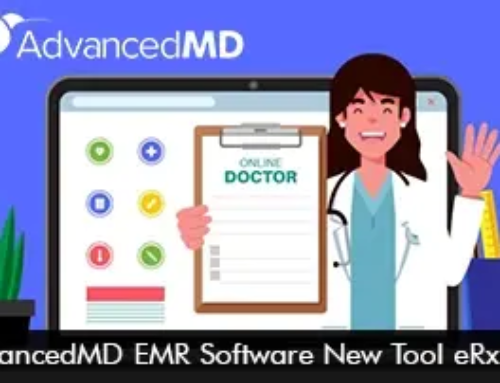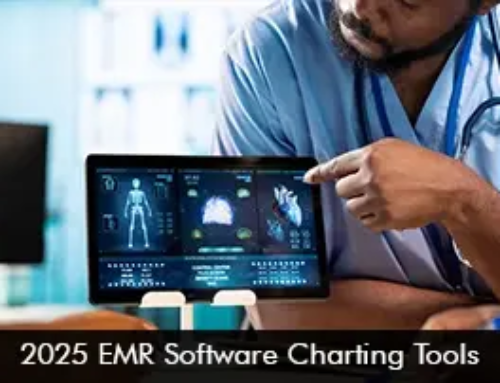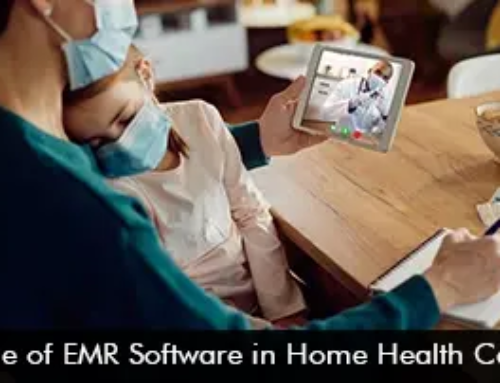Independent practices in the United States have implemented affordable EMR Software Solutions to mitigate the risks of burnout and inefficiencies. EHR Systems designed for solo practices have empowered them to stay competitive and build an interoperable environment to reduce care gaps.
Challenges Faced by Independent Practices without EMR Software
Being an independent practice in the USA is not easy, as many hurdles and challenges need to be faced, such as,
- Independent practices need to comply with regulations, including MIPS.
- Meet security laws like HIPAA.
- There is a lot of financial and reimbursement pressure.
- There is a struggle to implement and integrate EMR Software technology and Telemedicine EMR Software.
- Increased staff load due to non-clinical tasks.
Fortunately, Electronic Medical Records (EMR) Software for small medical practices has made initial setup and training easier. With the right functionalities to streamline daily clinical, financial, and administrative processes.
EMR Software Features Required by Independent Practices
Documentation Tools
Robust documentation tools in EHR Software, like SOAP notes and customizable templates, are a great way to ease charting burdens and ensure patient encounters are fruitful. For independent practices, charting tools are critical as they have fewer staff members, and providers require streamlined charting for error-free and quick documentation.
Patient Scheduling and Appointment Management
Automating appointment booking is very important for small practices. Self-service patient scheduling tools can reduce costs. A modern EHR System also integrates automatic appointment alerts that are sent directly to the patient. This helps to curb the issue of no-shows and keep schedules full.
RCM Tools
With a lot to manage single-handedly, intuitive RCM tools can be helpful to automate time-consuming billing tasks. These features can help with claims submission, charge capture, and insurance eligibility verifications. Good billing tools open an avenue for independent practices to improve their revenue and cash flow situation.
EMR Software Interoperability
An interoperable environment is not only important for large hospitals. Even independent practices need to rely on interoperability for smooth collaboration and seamless data exchange. Furthermore, telehealth integration is also beneficial for practices to enhance reach and offer remote care options to stay ahead of the curve.
EMR Software for Independent Practices
It is a reality that independent practices have a limited budget and hence require an EMR System that is cost-effective. The investment in the EHR Software should financially make sense. Preferably, an EMR Software for independent practice should be cloud-based to reduce the need for expensive hardware. The electronic health records software should offer ease of training so staff aren’t drained when using the system.
Top 3 EMR Software Vendors for Independent Practices
- AdvancedMD EMR Software – AdvancedMD EHR Software is a prominent EMR System for independent practices. It is cloud-based and is a budget-friendly platform with many robust features.
- Tebra EHR Software – A comprehensive EMR Software for independent clinics. Known for robust patient engagement solutions and offering ease-of-use.
- Practice Fusion EMR Software – Practice Fusion EMR Software is designed to meet the needs of independent practices. It is simple to use and offers integrated billing and practice management features.








